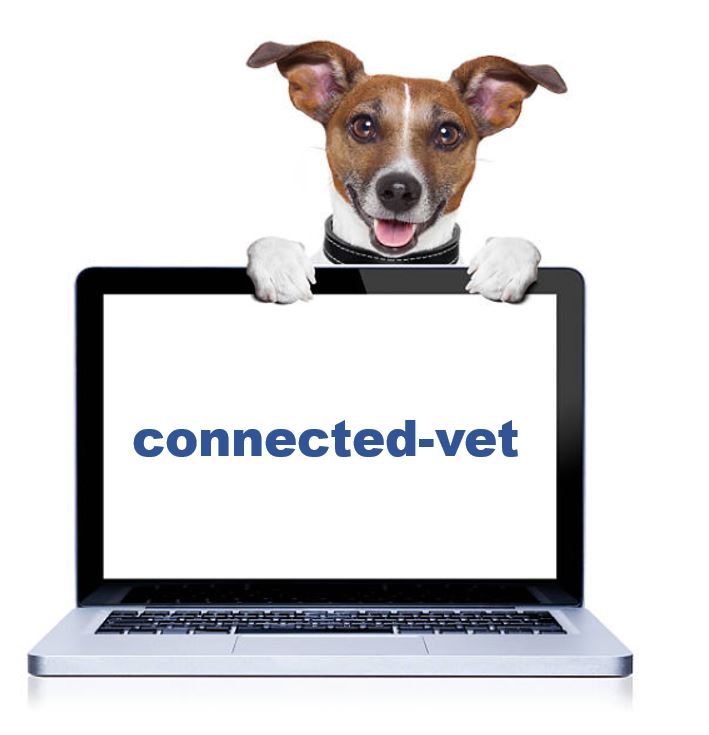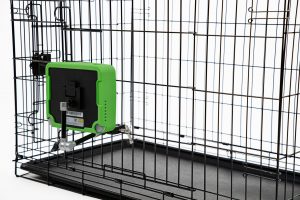Researchers at the University of Guelph are working with big data in a wide range of fields, starting from agriculture to animal health to enable decision-making at an enormous speed. Big data comprises large data sets that may be analyzed using artificial intelligence (AI), employing machine learning algorithms to aggregate and identify patterns and trends.
Dr. Theresa Bernardo, a professor in the Department of Population Medicine at the Ontario Veterinary College, and her team are currently using big data enabling to predict the average weight of cats over their lifetimes to enable a more personalized model of medicine and preventive approach to healthcare. Researchers have made full use of population data to prevent and predict illness in companion animals.
Through the health data collected from IDEXX Laboratories, Inc., containing health data from 19.4 million cats collected over 35 years, from 1981 to 2016, scientists have executed their research. Statistics include age, breed, gender, weight, and reproductive status. This data has helped them to accurately predict the average of weight cats as they age. By combining this information with diagnostic test data, researchers gain insights based on interactions between weight and health. They concluded that body weight throughout a pet’s lifetime could help to derive at the health conditions.
Monitoring body weight is an important indicator of health in both animals and humans. It is a primary data point collected within each medical appointment, and it is accessible and simple to monitor at home. The team succeeded in looking at patterns of weight gain and loss over the lifetime of a cat. Because most animals die from chronic diseases versus infectious diseases, the research team hopes their work can help pet owners understand the weight gain and loss looks like over a cat’s lifetime and allows to predict the current and future health on an individual level from big data. Finally, they obtained the results that cats lose weight between six and ten years of age depending on the breed, gender, and if they have been neutered or spayed.
Lire la suite: www.medicaltechoutlook.com






